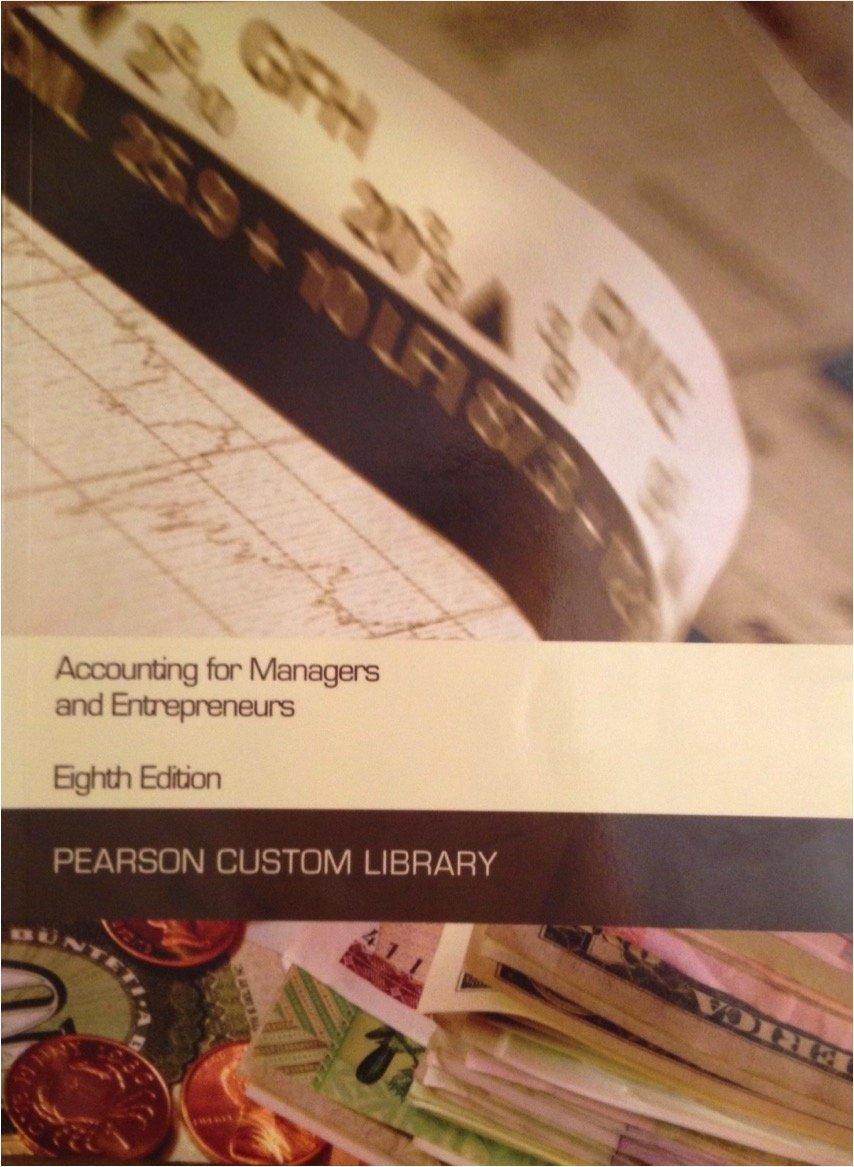Question
Ted purchased a rural acreage property on the outskirts of a major country town approximately 10 years ago and has resided in it ever since.
Ted purchased a rural acreage property on the outskirts of a major country town approximately 10 years ago and has resided in it ever since. The property was purchased with the intention of residential use.
In recent years the local town has expanded and as a result, nearby development resulted in services being installed within close proximity to the property. Prior to this, the land was not able to be subdivided and sold in individual parcels as town sewerage and other connections were not available.
The installation of these services however, meant that the property could now access the necessary services to allow the land to be divided into smaller lots.
Teds neighbours are subdividing their property (similar size and scale of development) and Ted thought, given Teds street will become a main thoroughfare, he would also subdivide his property.
On the advice of engineers, the most practical result was to apply for a small lot subdivision. As such, an application for subdivision was made to the local council. Council requirements include 6 landscaping, utilities - sewerage, telecommunications, water, gas & electricity; roadworks, footpaths, drainage and street lighting.
The cost of the subdivision is $500,000 and Ted intends to personally fund it.
Ted has contracted a town planner who is project managing the subdivision, appointing subcontractors. Teds involvement has been and will be minimal. It is expected the subdivision will be completed within 18 months.
Ted intends to keep two blocks at the rear and eventually build on one of them. Ted has pre-sold the other blocks via a real estate agent for $2 million due to considerable demand for land in the area.
Ted has no history of land development and no intentions to do further land development. Ted is employed in fields unrelated to land development or construction.
Advise Ted whether the $2 million will be assessable as ordinary income in the year ended 30 June 2022? You must support your discussion with references to legislation, case law and/or taxation rulings. Calculations are not required.
Step by Step Solution
There are 3 Steps involved in it
Step: 1

Get Instant Access to Expert-Tailored Solutions
See step-by-step solutions with expert insights and AI powered tools for academic success
Step: 2

Step: 3

Ace Your Homework with AI
Get the answers you need in no time with our AI-driven, step-by-step assistance
Get Started


